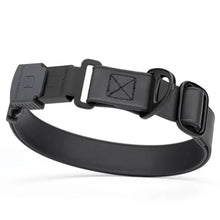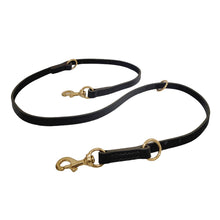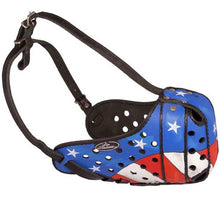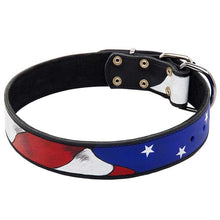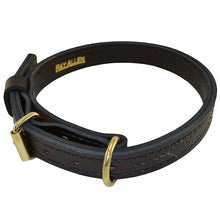Can Changing How Often A Dog Eats Help Them Live Longer?

If there is one thing that all dog lovers seem to agree on, it’s the wish that all dogs could live longer.
Sure, there is plenty of debate on how to make that happen. But at the end of the day, most people just want the best for their dogs and do their best to help them live a healthy and happy life.
They provide lots of love, exercise, a healthy diet, and visit the vet at least once a year to make sure their dog is as healthy as possible. But, even with the best care, the sad fact is that dogs have much shorter life spans than humans.

There is no shortage of opinions, nutraceuticals, supplements, food advice, dire warnings, marketing, and fear-mongering that compete for the attention of dog lovers because brands and influencers know that most people will do just about anything to help their pets live longer.
With so many marketing messages on social media, it can be hard to separate fact from fiction. It can be refreshing to hear a common-sense approach to helping a dog live longer, such as:
• Feeding a balanced diet
• Preventing obesity
• Allowing plenty of breed-appropriate exercise
• Mental stimulation
• Basic obedience training
• Providing a safe environment
• Enjoying lots playtime
• Sharing love and affection
• Routine vet care
• Keeping teeth and gums healthy
• Pet emergency savings account

Despite all these things, people still have a desire to do more for their dogs. Emily Bray and her team from the University of Arizona's Canine Cognition Center just completed a study on how to help dogs have better health and cognitive function, which could lead to a longer life.
The study examined whether or not dogs fed one meal per day were better off than dogs that ate multiple times a day. They examined data from 47,000 pet dogs and discovered a link between health and food consumption.
The results, which were gathered using data from The Aging Dog Project, indicated that calorie restriction could slow or reverse certain aspects of aging in canines. When they began the study, they hypothesized:

"Our initial hypothesis was that going a longer time between meals would be similarly associated with preservation of cognitive function in older dogs, and we could look at this by capitalizing on the fact that some dogs are fed once per day while others are fed more frequently.”
At the end of the study, the team determined that dogs that were fed once per day appeared to have lower scores of cognitive dysfunctions (the equivalent of the difference between a 7-year-old and an 11-year-old dog). They were also less likely to have other health issues, such gastrointestinal, dental, bone, kidney, and liver disorders.
"While the results were in the direction that we would predict based on studies in rodents, it was still surprising because this is the first study that has asked this question for thousands of dogs living in the natural environment, and we saw the effects on multiple health systems," Bray said.

While the study is interesting, it is important to take it with a grain of salt. The study group was controlled using age, sex, and breed but we don’t have access to the data on the demographics of the dogs involved or other environmental factors. The study also hasn’t yet been peer-reviewed or published in a journal.
So, should you start feeding your dog once a day? Bray says no and she’s not alone with that advice. Most experts agree that dogs should be fed twice a day, between 8 and 12 hours apart. Puppies are often fed 3 meals a day.
Despite this, they “found strong evidence of an association between feeding frequency and health, but we have not shown that less frequent feeding causes better health outcomes.”

Continued study on the topic of fasting dogs should prove interesting. But even after the study, Bray warns,
“This paper is not meant to be treated as veterinary advice. We think this study is an intriguing first step to studying aspects of diet in dogs, who are our beloved companions and who share our environments, but it's just the tip of the iceberg ... Even if we do eventually find that eating once per day as opposed to more frequently is playing a causal role in these beneficial health outcomes, there are obviously other considerations that might come into play for any individual dog, including their preference, expectations, and quality of life."
What, how, and when to feed dogs is always a hot topic among dog owners. There are also so many variables that there is no one size fits all approach to feeding all dogs, especially those of different sizes and health issues.

But what we do know is that dogs need a healthy diet, plenty of fresh water, and appropriate exercise to keep them fit and happy. At least that is one thing all dog owners can agree on. We hope you enjoyed this information. Please feel free to share with your friends
You might also like: Can You Feed Your Dog Cooked Food?






